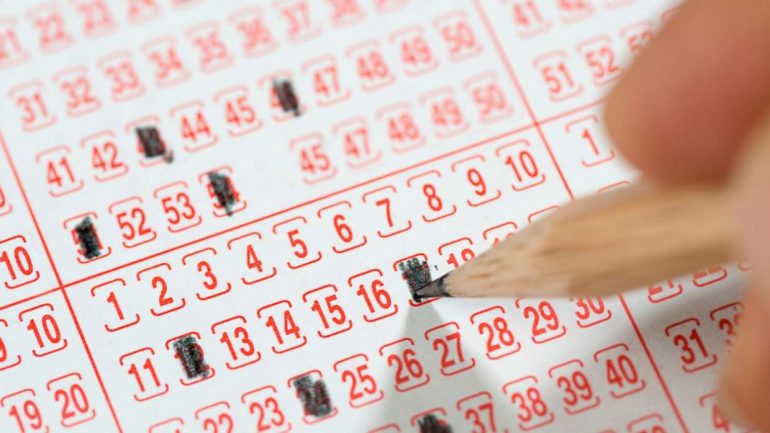A lottery is a type of gambling in which people buy numbered tickets. Several numbers are then selected and the people who have those numbers on their tickets win prizes of different sorts.
History records government entities using lotteries to help fund their municipalities as far back as 205 BC, when Chinese dynasties sold keno slips to pay for portions of the Great Wall of China. Emperor Augustus Caesar organized a lottery to pay for repairs for the City of Rome.

It’s a fun way to tax citizens without actually taxing them because, you know, the people who buy the tickets get their shot at big money, while the lottery revenues go for good causes.
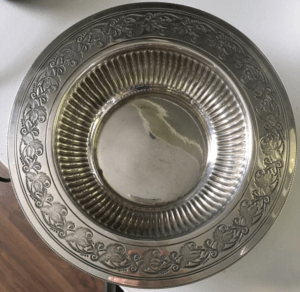
The Illinois Lottery started in 1974 under the administration of Governor James Thompson and brought in first-year revenues of $129 million. The Illinois Lottery was a legalized concept of a very popular gambling tradition known as “policy” or “numbers”.
It was an illegal game played in the Black community by many, and it did considerable business. The province of gamblers and gangsters, some think that the state of Illinois wanted its piece of the “policy” action and turned “numbers” into the game that went legal as the “Illinois Lottery”.
In July of 2018, the state hired Camelot Illinois to run our lottery, whose sales have been flat for the last few years after the former administrator, Northstar Lottery Group, was dismissed in 2015 for underperforming.
Camelot Illinois is part of the British firm Camelot Global, which has offices in London, Chicago, Dublin and Watford, England. It calls itself “a leading lottery operator, technology and professional services provider with a proven track record of sustainable lottery growth,” whose mission is “to partner with customers to build popular, profitable and responsible lotteries.”
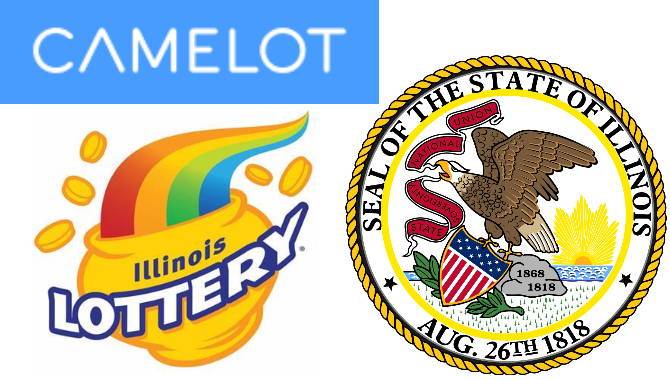
Camelot, which has operated the United Kingdom’s National Lottery since 1994, was purchased in 2010 by the Ontario Canada Teachers’ Pension Plan (what a way to put those pension dollars to use!)
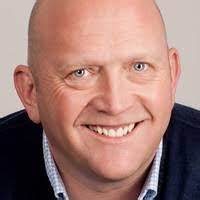
Colin Hadden is Camelot’s man in Illinois, serving as General Manager for our state lottery. Hadden was a computer science and operations research major at Leeds and Lancaster universities in England from 1983-87.
He climbed the corporate ladder through a series of IT and business sales positions until he became Regional Vice President and UK Country Manager for GTECH from 2009 through 2014. GTECH, now known as International Game Technology or just IGT, is the world’s leading gaming company.
When GTECH was named administrator of Indiana’s lottery in 2014, Hadden came over to work in the United States as Chief Operating Officer for GTECH Indiana to operate the Hoosier Lottery.
He remained there in that capacity until November 2017, when he joined Camelot Illinois and now he runs our game. N’DIGO recently sat with Hadden to talk about his goals and objectives for this profitable enterprise in our state.
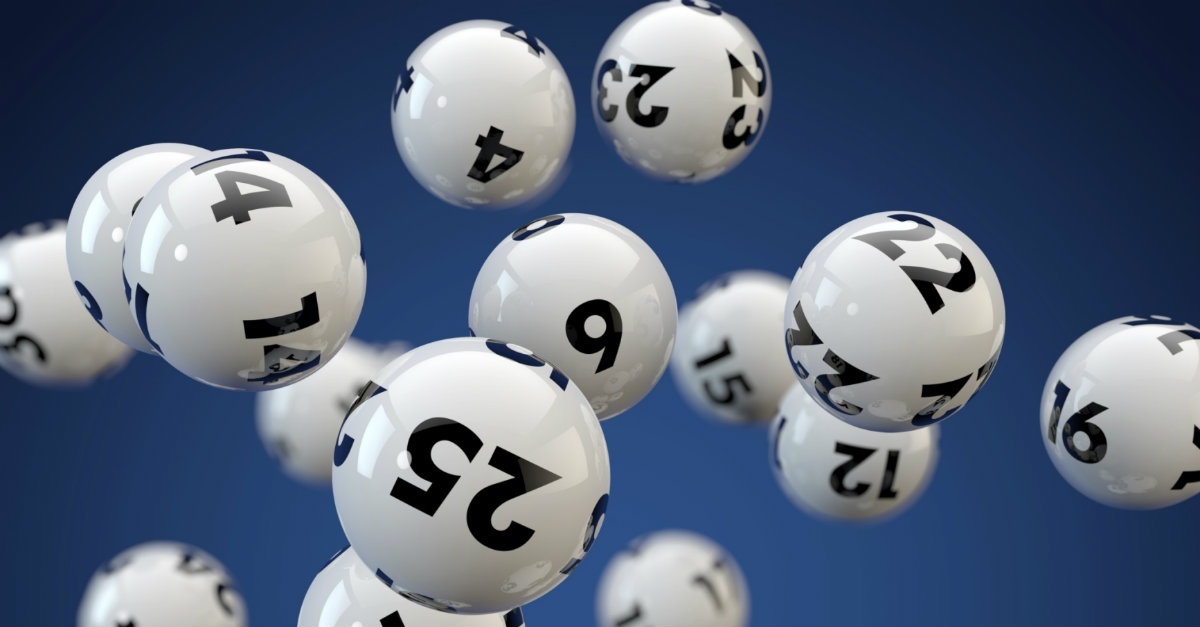
N’DIGO: How much money does the Illinois Lottery make annually?
Colin Hadden: This year, 2018, we have targeted raising $735 million for the State of Illinois that goes to the school fund, which represents a 5.7 increase from 2017. There is also $4 million in specialty funds, for specific causes.
Where does the Lottery money go?
For Illinois there is the common school fund, capital projects funds, and seven specialty tickets for causes like breast cancer, the Special Olympics, and HIV. The legislators allocate the funds.
The dollar distribution for 2017 was: 64 percent paid to winners; 25 percent to schools, capital projects and specialty causes; six percent for retail commissions; and five percent for other expenses, including operations.
Who plays the lottery? Is there a profile of an “average” player?
A wide variety of people play different games for different reasons, from big jackpots to scratch-offs. The participation reflects the state’s population in terms of the makeup of people over 18 years old. But, there is no “average” player.
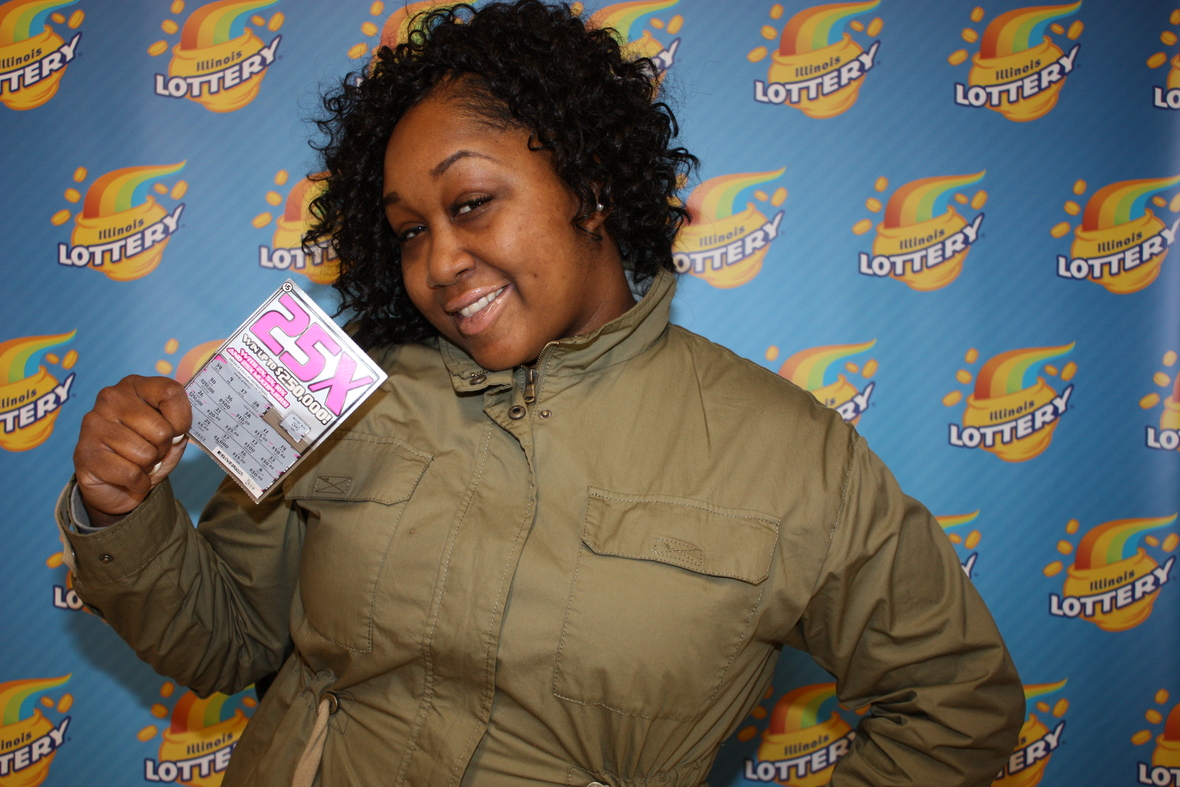
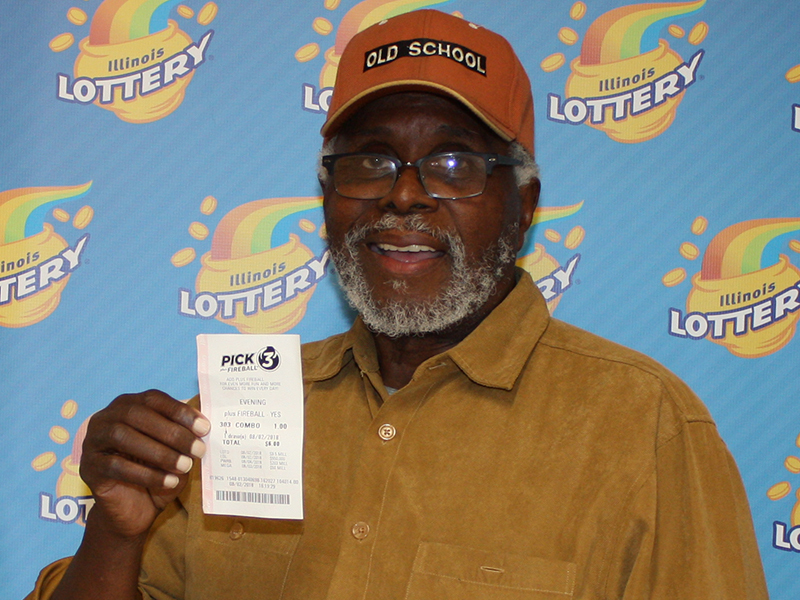
How are the Lottery games developed?
Development happens in a number of ways. The “scratch’ tickets are scheduled continuously; we produce about 40 a year. We have a pipeline for innovation. We research ideas. We have focus groups and if they research well, we will launch those products. We will launch a new Illinois game mid-year in 2019 called “Cash for Life” where the winner receives $1,000 a week for life. We think it might attract a young demographic.

Do lottery games differ from state to state?
Yes, but they are more similar than different. Most lotteries have an instant lottery game, a lotto game. They all share the Mega Millions and Power Ball. They all have a “scratch” game. All of this is based on state preferences. The trick is to determine what appeals to the people of which state.
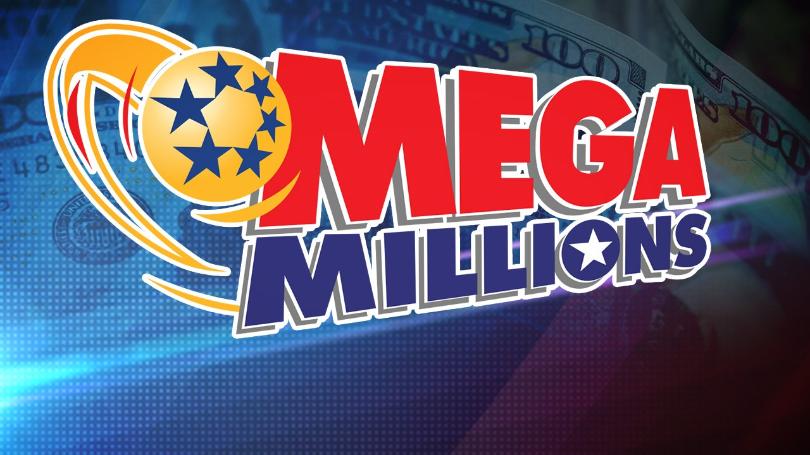
Describe the dynamics of the Mega Millions game and how it functions.
Mega Millions is a game that all 44 states in the nation that have state lotteries participate in. It is a jackpot game that rolls over to generate money. The recent game with the record breaking $1.7 billion payout won by someone in South Carolina generated a lot of excitement.
It spawned nice community events, including free ticket giveaways. Ticket sales for that game alone brought in about $18 million for the State of Illinois. So Mega Millions, especially with large jackpots, benefit the states hugely.
What’s it like to hand someone millions of dollars when they win the lottery?
I have done it twice! I have seen someone win one million and someone else five million in front of my eyes. It is quite emotional when you see the anticipation and the realization of what it means to the person. It is tremendously exciting; you change lives and that is special.
How many lotteries does Camelot administer?
Camelot Illinois is a subsidiary of Camelot Global, the parent company. It is located in the United Kingdom and is one of the largest operations of its type in the world, producing about $10 billion a year in revenue through about 48,000 retailers.
A lot of our work is in Europe, where we run the lotteries in Switzerland and Ireland. Illinois is the first franchise we have in the United States. However, we have served as consultants to the lotteries in California, Massachusetts, New York and Arkansas. But Illinois is the first one that we have managed.
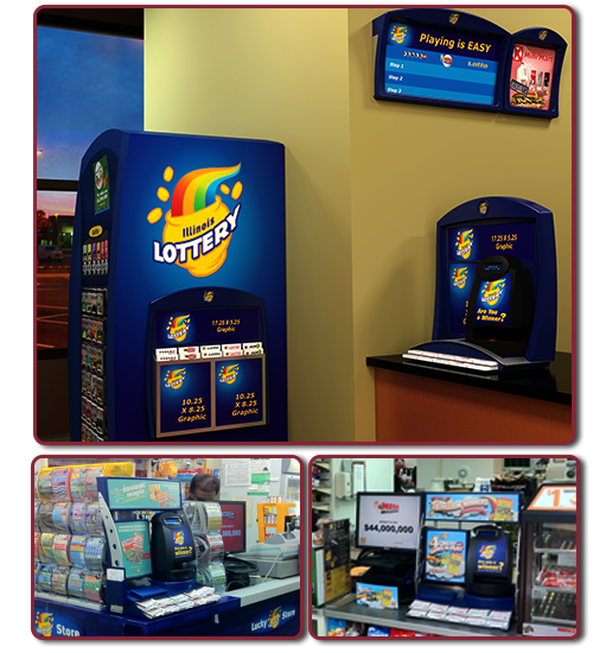
What are your goals for the Illinois State Lottery?
There are several. One is to maximize the returns to the state in a socially responsible way. Another is to provide a modern lottery experience and to grow participation by attracting a lot of new people to play rather than counting on just the people who play regularly.
Our goal is to raise $1 billion a year in revenues by 2027; we have a 10-year contract to do that. We have a diverse and talented team. We are engaged in driving the business forth, and we want to provide meaningful and full opportunities for Illinois.
What do you see as the Lottery’s involvement with community projects and organizations?
We are relative newcomers at the moment. This is our first full year, but still we are connected to active corporate citizens. We are working with associations in the Black community like the Illinois Black Chamber of Commerce, the Urban League, and the Chatham Business Chamber. We are a work in progress, but want to become a real and proper community player.
As a relative newcomer, what do you like most about Chicago so far?
What’s there not to like? I love the hustle and bustle; it reminds me of London. You can’t beat the lakefront and I love the diversity of the people. Camelot has set up a headquarters here and everybody is here and everybody is working hard.
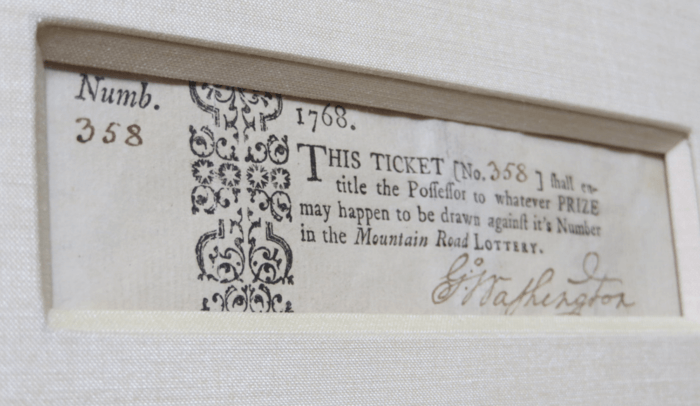
Who would most like to meet and have dinner with?
Being a Brit, I would have loved to have met Winston Churchill. He was a man of many talents and many flaws. I admire the way he handled steering the country through difficult times. I have been in America for five years and the other person I would have like to meet would be George Washington. Brits generally don’t understand the nuances of the American story.
Washington did a lot and put himself on the line. I would love to know his experiences. I would love to know what his challenges were as he made his pilgrimage. His is a very interesting human story. He started a country! I like people who have made a difference. I like to make a difference.
(N’DIGO Editor David Smallwood contributed to this story.)



